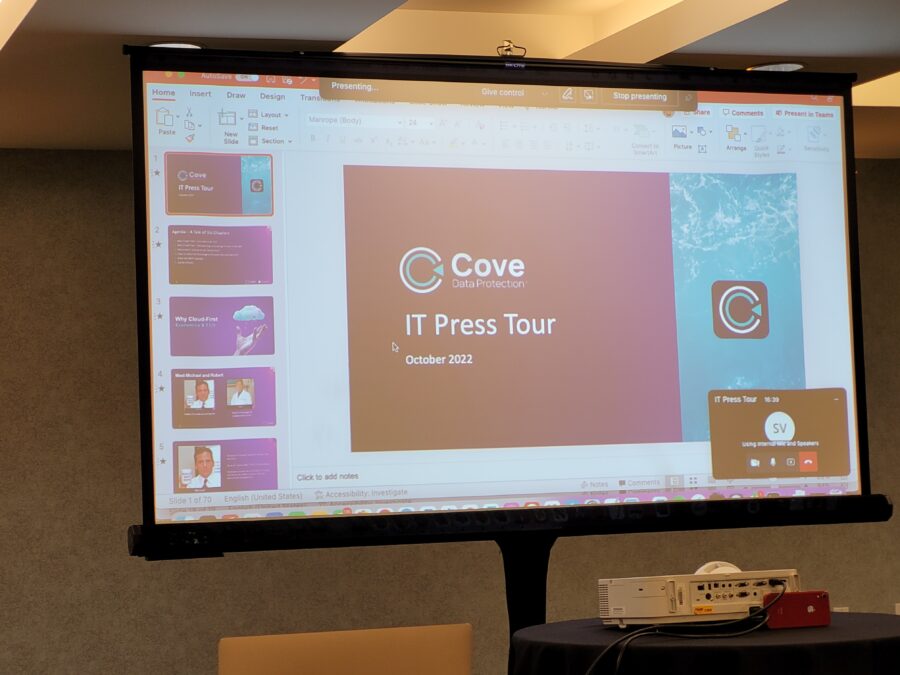The last year has brought about some of the greatest shifts in the business world to date – and as a result, organisations have been under mounting pressure to turn up the heat on digital-led initiatives. This is all while employee numbers have decreased, where staff have been furloughed and other cost-cutting measures have been implemented, and as remote working has steeply increased.
One area in particular that has caused headaches is the level of technical skill needed to drive a higher level of transformation. However, bringing in highly-skilled developers to drive new initiatives is not necessarily the answer – or even an option, given the costs involved.
The challenges surrounding digital-first
With the average salary for DevOps engineering jobs in the UK currently estimated at £72,500, the cost of employing such skills will prove problematic for businesses that are carefully balancing innovation with budgetary constraints. According to predictions from Forrester, companies in 2020 will cut tech budgets by 6% to 10% from 2019 levels, and by 10% to 14% from 2020 plans. As a result, and with prolonged economic uncertainty ahead, investing in new tech talent has had to take a back seat for a number of businesses. Alongside ever-increasing demands from the business for innovation through new apps, this has led to a considerable IT backlog, where projects have been put on hold, and time to market has been significantly delayed due to the right skills not being available.
The traditional software development model has only perpetuated this need for expensive developers. At last, this is changing. New app development alternatives are available that address the requirement to simplify software development and, for the first time, usher in the possibility for citizen developers to effect meaningful digital change. This would be from those already inside the business with a ready-made understanding of the problems that need solving.
Dealing with software IT hasn’t approved — Shadow IT
Innovating from within
Instead of spending significant time and investment searching and recruiting for external skills, innovating from within, and enabling existing employees to become citizen developers, is a time and cost-effective solution. Citizen developers can add value to businesses and drive developments from the very core of the organisation – whilst their in-depth understanding of specific process challenges help ensure that new systems and applications suit the needs of both the company and internal staff.
The opportunity for citizen developers within a business is endless – and this is where low-code technology plays a crucial role, as it allows employees with varying levels of technical skill to design and build powerful applications. These tools have advanced to the point where the creation of enterprise-grade apps is now possible, opening up enormous possibilities for organisations looking to increase their pace of innovation. In this way, the tools have democratised the software development process – and are now enabling a larger proportion of employees, who have a range of expertise from across the business, to drive innovation. It’s giving citizen developers the power and ability to take organisations to the next level as businesses continue along their recovery journey.
Three employer branding strategies every recruiter needs to adopt
Overcoming the process disconnect
Whilst the technical skills from a qualified software developer are extremely valuable, often these developers do not possess the day-to-day experience of the processes they have been hired to optimise. This leads to a ‘process disconnect’, where improvements made by the developer do not necessarily fit with the desired outcome from the employees who will be using them.
Existing employees, on the other hand, who operate at the frontline, can utilise this knowledge to enhance processes and drive greater efficiencies. Due to their working knowledge of these systems, these employees will have their own ideas on where efficiencies can be made, based on any challenges they have previously faced and process optimisations they would personally like to see.
By embracing low-code technology, which can be used by anyone, no matter their level of technical ability, existing employees can make these changes first-hand. And by enabling people to quickly prototype new processes and workflows without any need for specialised technical skills, businesses can innovate and implement significant changes without having to rely on highly-trained developers.
During a time where technology budgets are tight and access to digital skills is challenging, placing the power back into the hands of employees will be crucial to not only providing business continuity, but propelling businesses forward into the ‘next normal’. By providing citizen developers with a range of easy-to-use and scalable tools, employees will be able to drive true value across a business – and equip organisations with the tools to thrive in a digital-first era.








